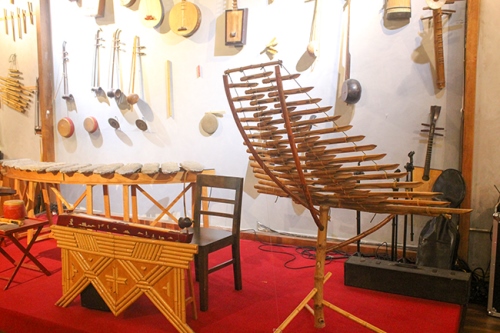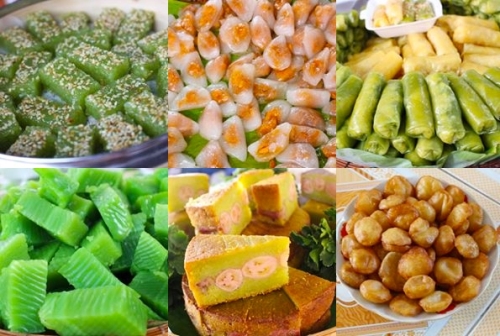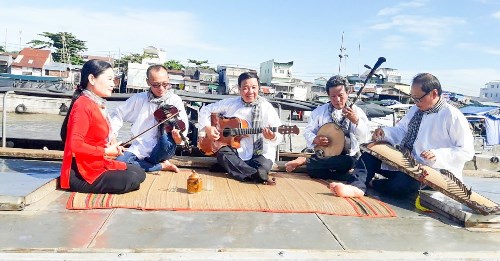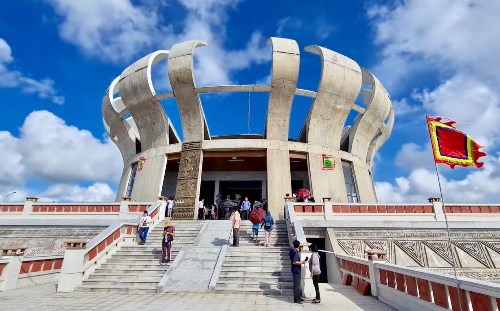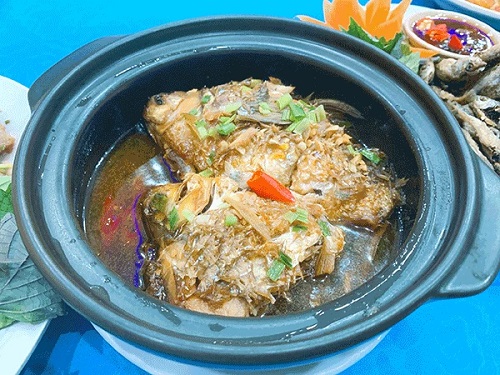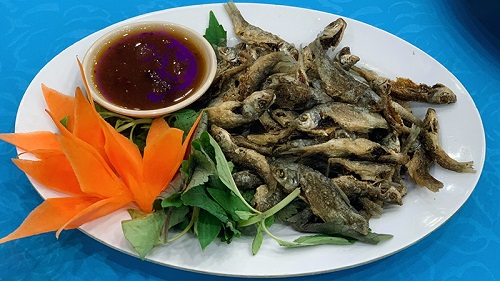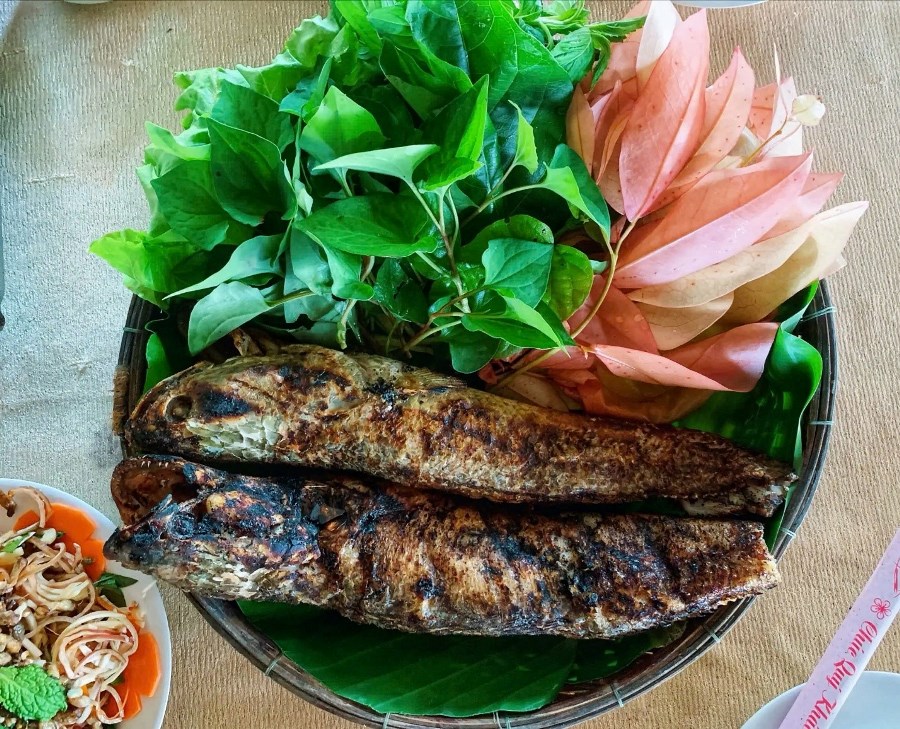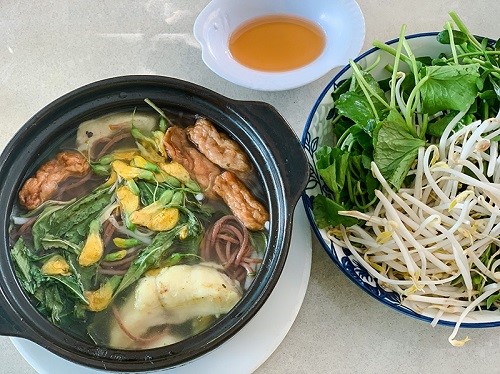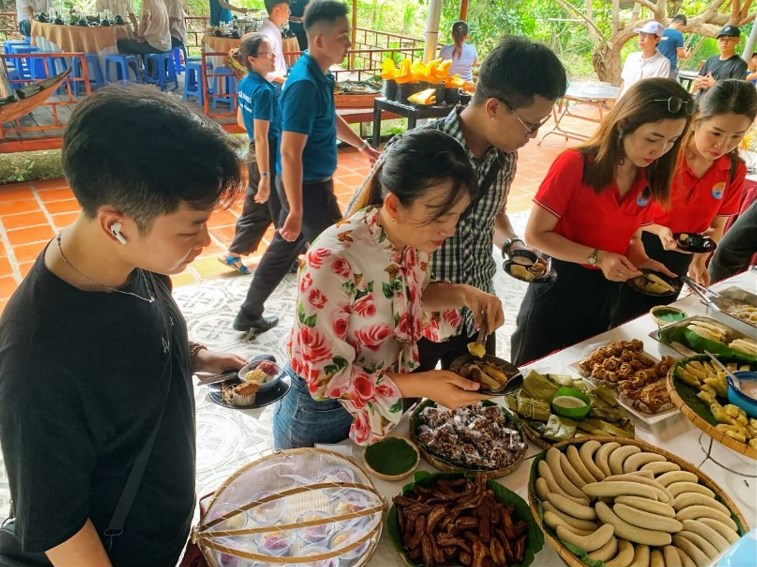
Development Orientation
Rural tourism is a key focus in Vietnam's planning and tourism strategies. Specifically, the Vietnam Tourism Development Strategy for 2030, the Sustainable Agriculture and Rural Development Strategy to 2030 with a Vision for 2045, and the Rural Tourism Development Program under the New Rural Construction Scheme for 2021-2025 all emphasize the importance of developing rural tourism. This initiative aims to utilize rural areas' agricultural, handicraft, cultural, and ecological strengths, promoting integrated, inclusive, and multi-valued economic transformation.
Vietnam boasts a rich cultural and natural heritage, providing unique characteristics suitable for the development of diverse tourism products, including rural tourism. However, challenges remain in the process of advancing rural tourism. These issues were highlighted at the first UNWTO International Conference on Rural Tourism, recently held in Quảng Nam. Key discussions included the role of tourism in shaping comprehensive rural development, the importance of crafting appropriate policies, enhancing community engagement, sharing benefits equitably, fostering creativity in product development, and sustainable financial and investment solutions. Integrating agriculture into tourism value chains was also a major focus.
At the conference, Deputy Prime Minister Lê Thành Long emphasized that tourism is a vital economic sector, contributing increasingly to national economies. Globally, nations are investing in green, eco-friendly, and sustainable tourism, with rural tourism becoming increasingly popular. Vietnam has also oriented its tourism sector towards green and sustainable development. “The Vietnamese government has consistently prioritized and implemented mechanisms and policies to develop agriculture and rural areas, incorporating rural tourism into major development programs. A key orientation involves developing local specialty products, traditional crafts, and rural tourism services while preserving and promoting local culture,” Deputy Prime Minister Lê Thành Long highlighted.
The core pillars of rural tourism development include prioritizing local communities' long-term benefits, offering tourists authentic experiences, and preserving rural areas' unique and intrinsic values for sustained dissemination and inheritance. Many localities in Vietnam have successfully leveraged their strengths, developing diverse rural tourism destinations with high-quality, distinctive, and attractive products, such as Lào Cai, Sơn La, Lai Châu, Hà Giang, Quảng Nam, Thừa Thiên Huế, Đồng Tháp, Bến Tre, Cần Thơ, and the Central Highlands provinces.
Rural Tourism Development in Cần Thơ
In Cần Thơ, rural tourism has garnered significant attention. The city boasts numerous agricultural and rural tourism models, with over 35 tourist sites, approximately 30 homestays, and two community tourism destinations: Sơn Islet and Tân Lộc Islet. These locations offer unique experiences tied to the lifestyle of the Mekong Delta, such as fishing, netting, setting traps, draining ponds to catch fish, rice planting, vegetable gardening, folk games in fields, fruit orchards, boat rowing, duck catching, and traditional culinary activities like making bánh dân gian (folk cakes) and rural cuisine.
Phong Điền district is a notable agricultural and rural tourism development area, with nearly 9,000 hectares of fruit orchards, accounting for more than a third of the city’s total orchard area. Key tourist spots are concentrated in Mỹ Khánh, Nhơn Ái, Nhơn Nghĩa, and Phong Điền town, featuring an array of specialty fruits. Tourism has notably improved the livelihoods of local farmers. Mr. Phạm Văn Hoàng, owner of the 9 Hồng orchard (Mỹ Nhơn Hamlet, Mỹ Khánh Commune, Phong Điền District), shared, “Our household economy has improved since transitioning from farming to tourism. Previously, we relied solely on income from fruit orchards, but now we also earn from visitors enjoying fruit picking, fishing, culinary experiences, and folk cake-making. Seeing the success, we collaborated with neighboring orchards to diversify products and support each other economically.”
Collaboration among orchard owners is a common practice in rural tourism in Cần Thơ. The most successful example is the Sơn Islet Agricultural Tourism Cooperative (Bình Thủy District), with nearly 20 official members, over 60 collaborators, and affiliated households. Focused on community-based agricultural tourism, the cooperative offers diverse products: river cage fish farming, fruit orchards, traditional crafts, folk cake-making, and unique activities like "flying snakehead fish," frog circus, and spoon-feeding fish. Ms. Phan Thị Kim Phước, owner of Song Khánh Orchard, noted, “Switching to tourism has stabilized our family’s livelihood. The fruits in the orchard no longer face price fluctuations, as they are primarily for visitors. Sometimes, customer demand exceeds supply. We utilize our garden and pond for tourism, sharing strengths among households to create non-overlapping products. Tourism is a family effort—adults manage the garden and activities, while younger members welcome and guide visitors.”
Tourism has significantly transformed rural areas, with farmers learning to utilize existing values for tourism while collaborating to enhance local economies through indigenous knowledge and resources.
Ms. Zoritsa Urosevic, UNWTO Deputy Secretary-General, emphasized, “By focusing on rural tourism, we can diversify rural economies, connect tourism with agriculture, empower women and youth, and attract vital investments to foster more equitable and sustainable societies. Tourism also strengthens community cultural values and restores the bond between people and ecosystems.”
Though rural tourism models in Cần Thơ are still developing, they have shown promising progress, yielding economic and operational benefits. However, rural tourism development in each locality faces unique challenges, requiring tailored strategies to address difficulties and foster growth.
Source: Cantho News - Translated by Hoang Dat





